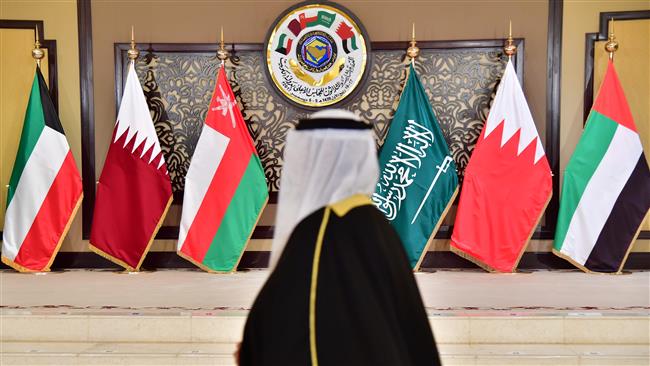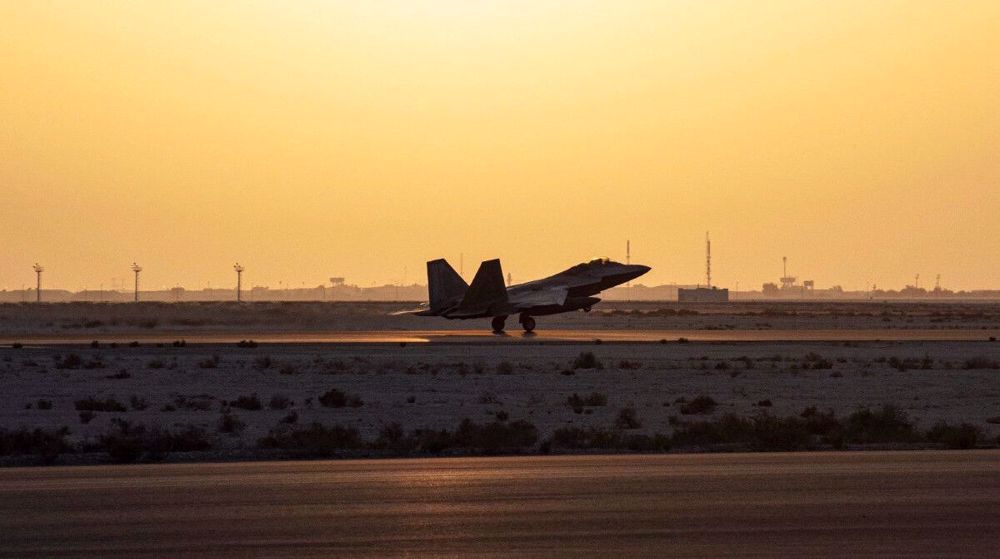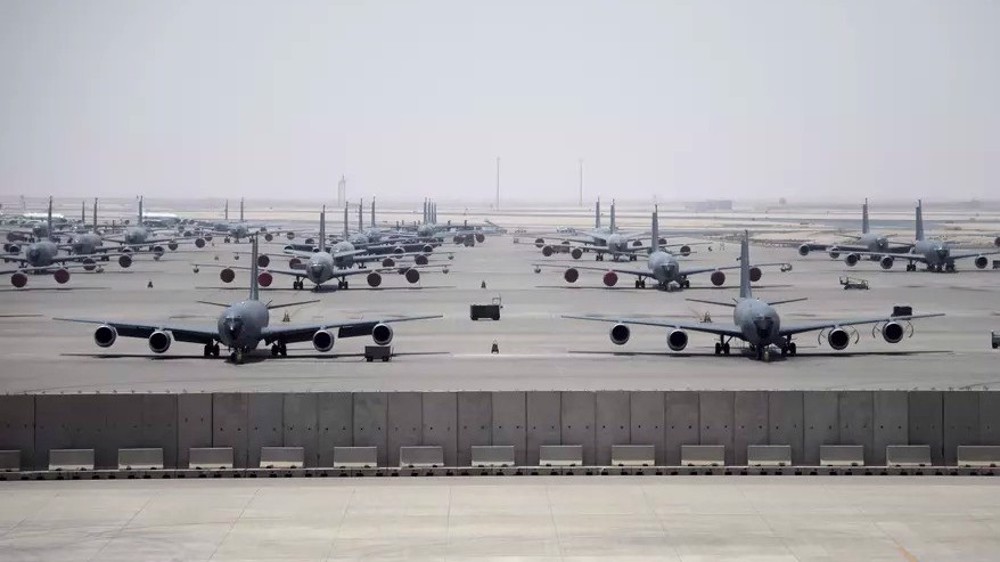Saudi hostility with Qatar taking toll on ordinary people: Amnesty
Ordinary people are bearing the brunt of the ongoing political crisis in the Persian Gulf region, involving Saudi Arabia, the United Arab Emirates (UAE), Bahrain and Egypt on one side and the tiny kingdom of Qatar, Amnesty International says.
The Saudi-led bloc cut diplomatic ties with Qatar on June 5, accusing Doha of sponsoring terrorism and destabilizing the region.
They have also imposed a series of economic sanctions against the country while also barring Qatari aircraft from using their airspace. Qatar’s only land border with Saudi Arabia has also been blocked as a result.
Citing interviews with Qatari individuals and officials, Amnesty said Thursday that the enmity was taking its toll on ordinary people by tearing their families apart, raising food prices and making visits to Islamic holy sites in Saudi Arabia more difficult.
Mixed marriage families also found it difficult to meet or contact their relatives in the blockading countries despite measures that were introduced to ease the process.
According to the report, many families on the Qatari side were finding it difficult to comply with procedures required to obtain a “laissez-passer” that allows them to see loved ones in Saudi Arabia, Bahrain or the UAE, the report said.
"Amnesty International urges Bahrain, Saudi Arabia and the UAE to lift all arbitrary travel restrictions impeding the freedom of movement of (Persian) Gulf nationals and residents," the report said.
"Arbitrarily splitting up families as part of immigration policies violates the right to family life," Amnesty added.
“Since this dispute began in June, our fears about its potential to rip families apart have been cruelly and emphatically realized,” Lynn Maalouf, Amnesty's Middle East research director, said in a statement.
The restrictions have also created a "climate of fear" among mixed families, who are afraid they would get arrested for trying to contact people and offices in other nations.
“Our relatives are scared to speak to us even over the phone. The law does not allow them to sympathize with us. They are very reserved in the conversations we have, as if we were strangers,” a Qatari woman whose brothers live in the UAE told Amnesty.
VIDEO | Press TV's news headline
Explosion heard near Isfahan due to activation of air defenses
‘Iran retaliation against Israel ensured no aggression would go unanswered’
US vetoes Palestinian request for full UN membership
Iran sufficed to strike only part of Israel’s military positions: FM to UN chief
IRGC: Israel’s Dimnoa nuclear reactor not among Op. True Promise’s targets
VIDEO | West Asia awakens
'Stop any further Israeli adventurism,' Iran FM tells Security Council











 This makes it easy to access the Press TV website
This makes it easy to access the Press TV website